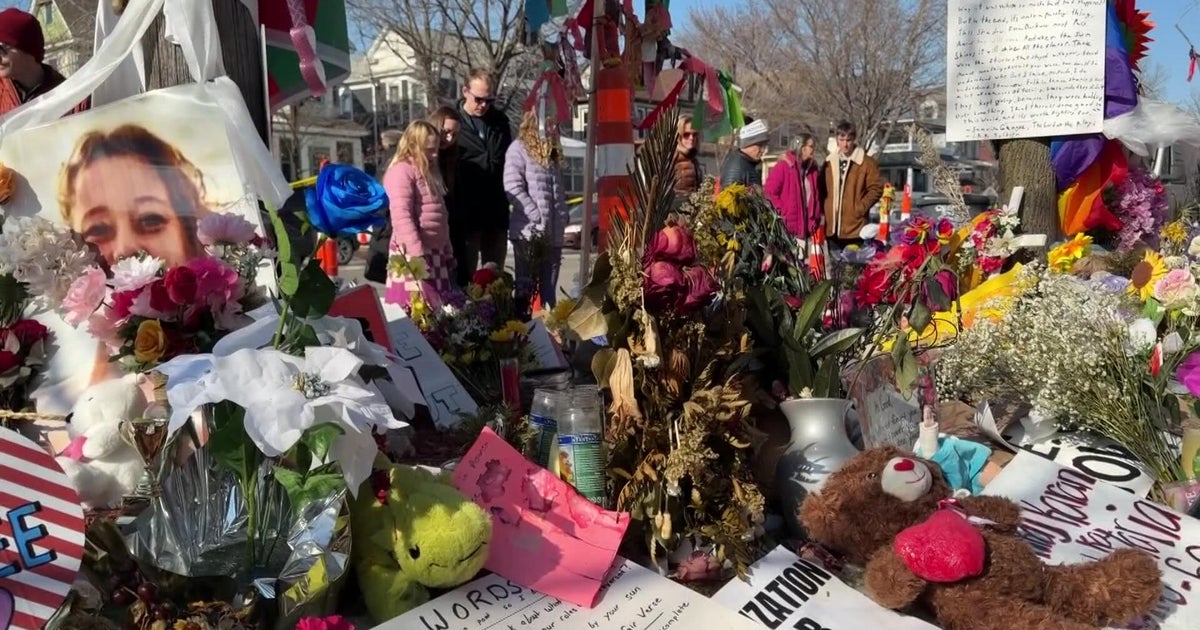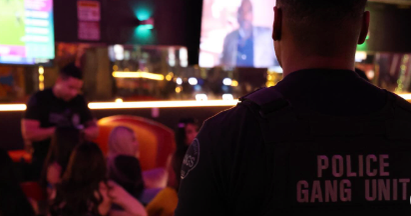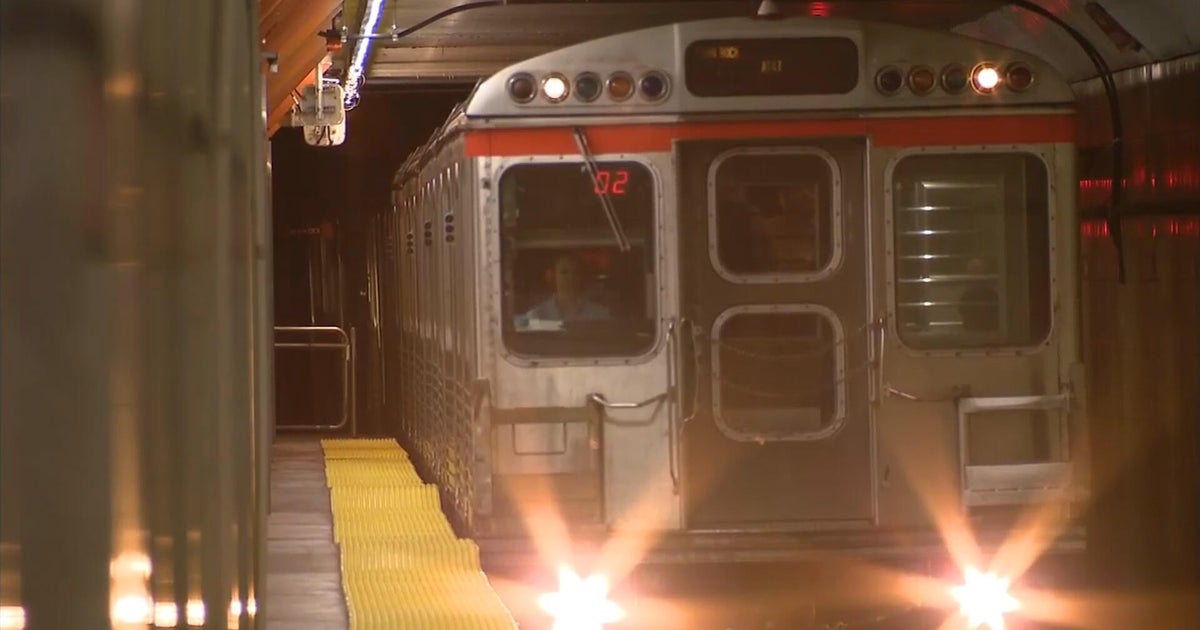Heart Attack Survivors At Risk For Developing PTSD
PITTSBURGH (KDKA) -- When you think of post-traumatic stress disorder, who do you think of?
"I imagine a child that's in a family with any kind of stressful situation," says one woman walking downtown.
"Veterans too, veterans yeah," adds a man in Market Square.
How about after the common heart attack? This cardiologist has had patients with anxiety problems after this happens.
"So nervous and worked up that they're almost afraid to leave the house, or do what they used to do, especially if they had the heart attack doing something that they like to do," says Dr. George Gabriel, a cardiologist at Allegheny General Hospital.
After a traumatic event, some people have trouble sleeping, feelings of anger and heightened alertness. If this persists, it could be post-traumatic stress disorder, or PTSD.
Symptoms of PTSD can affect as many as 1 in 8 people who survive.
"Traumatic experiences in general are kind of life-threatening and a heart attack fits the bill in that regard," says Dr. Tony Mannarino, a psychiatrist at Allegheny General Hospital.
And PTSD symptoms can increase the risk of a second heart attack – even death.
"Cardiologists focus in on the medicine, focus in on doing the right therapy, as far as the treatment of the heart disease. Maybe we should focus in on the psychological aspects of treating a patient," Dr. Gabriel admits.
The numbers come from a study analyzing 24 other studies surveying almost 2,400 heart attack survivors worldwide. Turns out, 12 percent had symptoms of nightmares and flashbacks, intrusive thoughts, high blood pressure and pulse.
"The percentage of patients in that study who actually have PTSD or partial PTSD was pretty much the same as for other traumatic experiences," Dr. Mannarino says.
PTSD affects 3.5 percent of the population. The study found 4 percent of those surveyed had all the criteria for PTSD.
This type of anxiety disorder can happen after assault, abuse, accidents, or disasters -- any traumatic event where you feel your life is in danger, or others nearby are in danger.
RELATED LINKS
More Local News
More Health News







